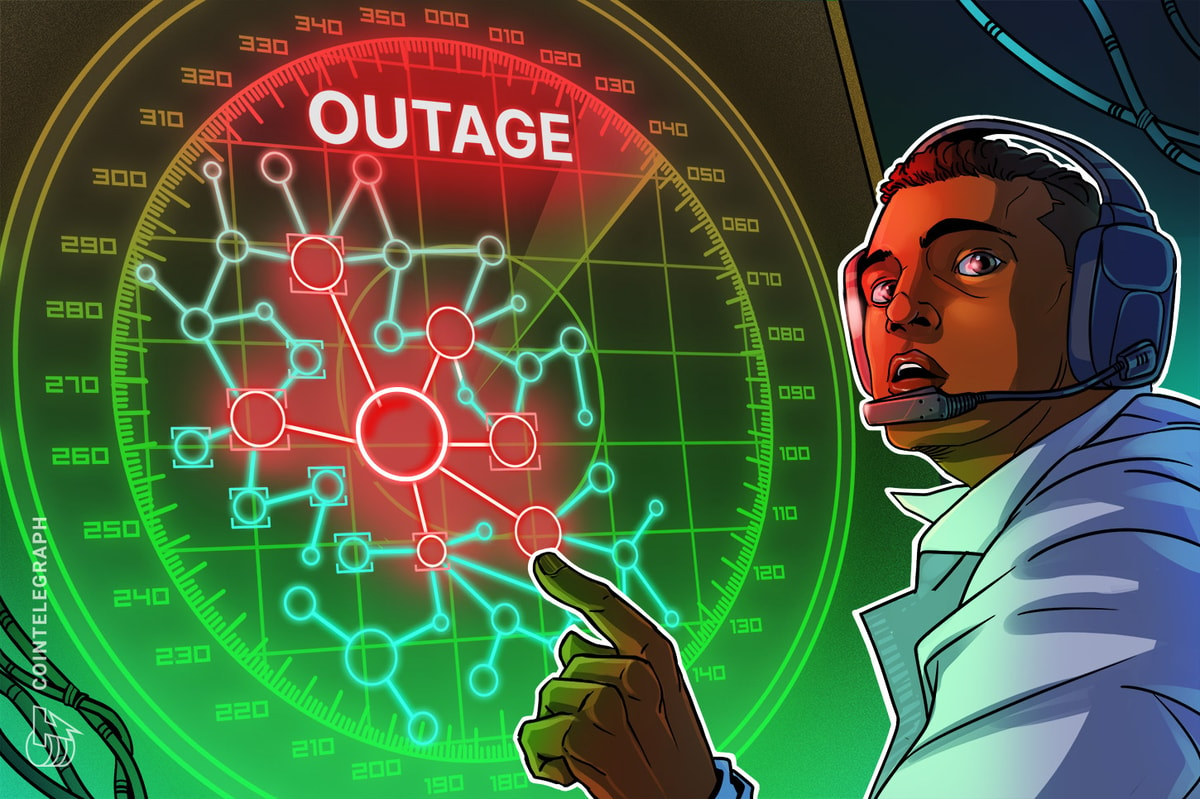Neuralink, the brain-computer interface company founded by Elon Musk, has opened its patient registry to applicants worldwide, bringing its mind-controlled technology to more people with severe disabilities.
In a post on X (formerly Twitter) on Wednesday, Neuralink said the applications were open to those with quadriplegia, regardless of location.
“If you have quadriplegia and are interested in exploring groundbreaking ways to control a computer using your thoughts, you can now sign up from anywhere in the world,” Neuralink wrote on X.
The U.S. Food and Drug Administration allowed the neuroscience company to perform human testing in September 2023, but thus far, only three people have been approved by Neuralink for a brain-computer implant.
According to the questionnaire on the Neuralink website candidates must be at least 18 years old and have one of the following conditions: quadriplegia (paralysis affecting all four limbs), paraplegia (paralysis of the lower body), visual impairment or blindness (partial or total vision loss), or a speech impairment that affects the ability to speak or be understood.
Candidates are also asked whether they have known allergies to metal or contrast dye, whether they are fluent in English, whether they have medical insurance, and what their biological sex is.
In its brochure, Neuralink said it won’t accept individuals who already have implanted devices such as a pacemaker or deep brain stimulator, have a history of seizures, require MRIs for an ongoing medical condition, or receive transcranial magnetic stimulation treatment.
Test subjects would be compensated for study-related costs like travel expenses.
Launched by Musk in 2016, Neuralink was founded to develop brain-computer interface technology to address neurological disorders and, in the long term, to create a direct interface between humans and artificial intelligence.
During Tesla's March all-hands meeting, Musk hinted at a future in which the line between human and machine may blur even further.
“Long term, we will also have enhancement of humans—optionally, if somebody wants to have cybernetic enhancements with Neuralink. If you want to go cybernetic and have superintelligence and see in different wavelengths, we could absolutely provide superhuman abilities via Neuralink in the future,” Musk, who is CEO of the company, said. “One thing is for sure: the future is going to be very interesting.”
.@elonmusk: “Long term we will also have enhancement of humans … If somebody wants to have cybernetic enhancements … we could absolutely provide superhuman abilities via Neuralink in the future.” pic.twitter.com/A42LHCGrOS
— Chief Nerd (@TheChiefNerd) March 21, 2025
In May 2024, Musk announced on X that Neuralink was seeking a second participant for its brain-computer interface human trials. He described the technology as a "telepathy cybernetic brain implant that allows you to control your phone and computer just by thinking.”
Neuralink called 2024 “A Year of Telepathy” and introduced three study participants: two unnamed people and Noland Arbaugh, a quadriplegic man from Arizona who had become the first human test subject of Neuralink’s brain-computer interface in January 2024.
While brain-computer interface technology has improved the ability of people with disabilities to communicate and interact with the world, it has not been without controversy.
According to a 2022 report by Reuters, over 1,500 animals have died in Neuralink’s brain-computer interface trials.
Edited by Sebastian Sinclair and Josh Quittner
Generally Intelligent Newsletter
A weekly AI journey narrated by Gen, a generative AI model.

 7 months ago
19
7 months ago
19









 English (US) ·
English (US) ·